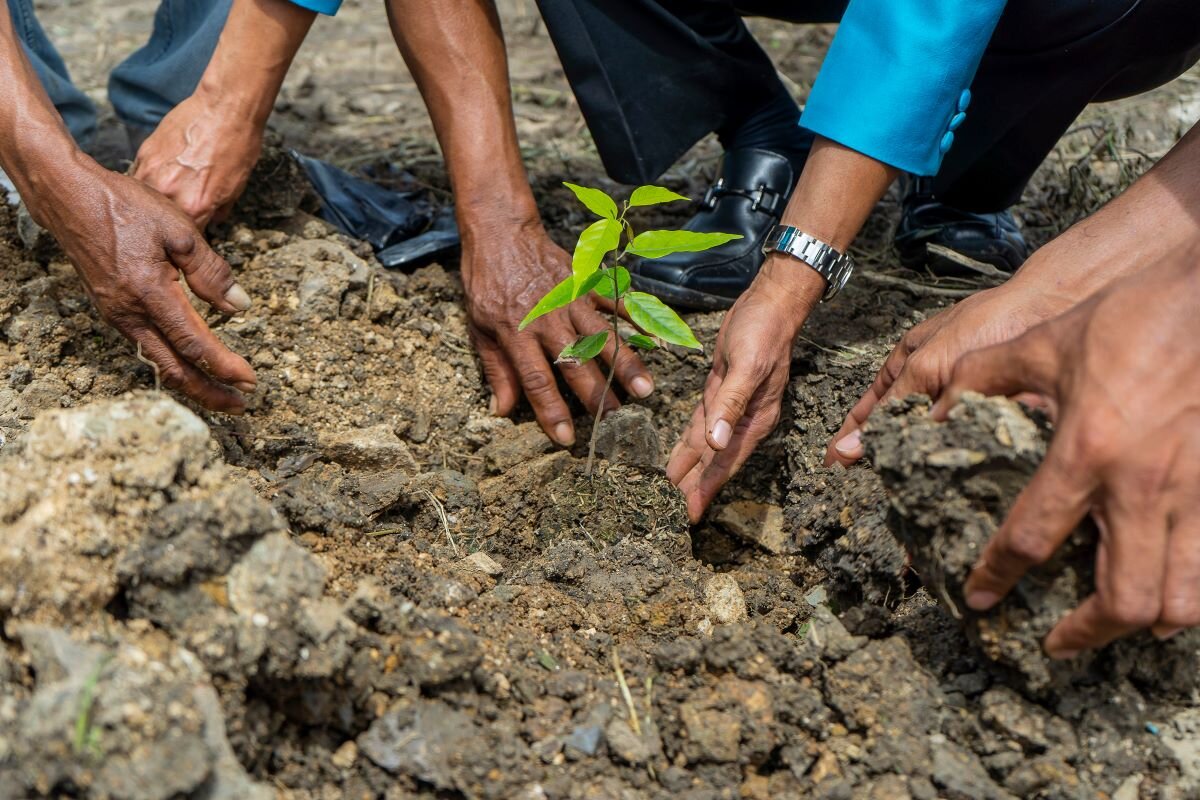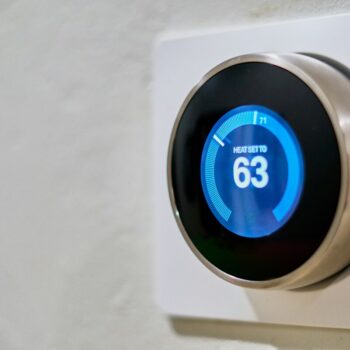Conventionally, climate policy has not prioritised social justice outcomes and social policy has not forayed into climate action. However, as the transition to climate neutrality starts to impact people’s lives and livelihoods, it is no longer possible – or prudent – to see green and social priorities in isolation.
Yet, for the EU, there is more to this task than ensuring the European Green Deal manages its social impacts. What remains to be determined are the practical ways in which “the social” and “the green” can positively reinforce each other. To collectively explore this nexus, E3G has been convening a series of workshops titled European Green Deal & Society.
Each workshop brings together a broad range of civil society organisations working at the social-climate nexus, including trade unions, tenant associations, consumer groups, climate, social, racial, and disability justice organisations, local networks, academics, philanthropy organisations, as well as specialists in democracy, open governance, and geopolitics. Speakers have included colleagues from civil society as well as Members of EVP Timmermans Cabinet and crucially Members of the European Parliament.
During the past 18 months, this group, in various configurations, has come together at key moments to take stock of the Social Green Deal and collectively identify levers that will be instrumental in bringing about good outcomes both for people and the planet in the months and years to come.
As the EU continues to navigate the ‘polycrisis’ in 2023, we hope this space for joint reflection and action can continue to inform the convergence of climate and social priorities and shape fair and inclusive pathways to a just transition for all.
Read the key takeaways below:
The European Economic and Social Committee (EESC) has emphatically stated that “there can be no Green Deal without a Social Deal”. In a recent interview, Frans Timmermans, European Commissioner for Climate Action, himself called for a greater focus on the social issue, claiming it could become “the biggest stumbling block” towards climate neutrality.
Yet, there is more to this task than purely ensuring the Green Deal manages its social impacts: what remains to be determined are the practical ways in which “the social” and “the green” can strongly support each other. To collectively explore this nexus, E3G brought together a broad range of stakeholders in a workshop titled “European Green Deal and Society”. With the “Fit for 55” package set to be launched on 14th July 2021, the first workshop was a means of starting a timely dialogue to raise mutual awareness on the breadth and depth of the social dimension of the Green Deal and eventually foster a joined-up approach towards facilitating its implementation beyond the upcoming legislative package. It is important to note that E3G’s role was that of a convener in this process.
Workshop participants included representatives from trade unions, consumer groups, and tenant associations through to those working on climate justice, gender equality, education, health, social housing, energy poverty, open governance, citizen participation, among others. The following takeaways emerged from the group discussion as being critical to the successful implementation of the European Green Deal:
- Establish a positive transition narrative beyond ‘co-benefits’
- Strengthen inclusion and participation in decision making and implementation
- Connect the local with the national and supra-national level
- Align policies and build on existing guidelines and strategies
- Consider additional metrics to measure progress
This second workshop in the series brought together Members of the European Parliament (MEPs), the Commission, and stakeholders working at the social–climate nexus, covering a range of interests including climate, social, and racial justice, consumer rights, democracy, open governance, and local energy transitions.
The main objective was to collectively navigate the current, relatively negative, climate rhetoric around energy prices to refocus on the broader – more positive – social agenda that the European Green Deal has to enable.
Following introductory points from European Commission Representatives and Members of Parliament, participants held breakout discussions, resulting in the following takeaways for a fairer European Green Deal:
- Refine and better communicate the European Green Deal’s role in addressing energy price vulnerability.
- Broaden understanding of vulnerability.
- Re-evaluate our energy dependency and the design of energy policy.
- Make energy policy making more participatory and “humble”.
- Harness the potential of key instruments to bring about a socially fair transition.
Amid a crucial period of Fit-for-55 negotiations, the third workshop in the series brought together a range of civil society organisations working at the social–climate nexus to take stock of the Social Green Deal and create space for joint reflection and action.
Following interventions from speakers from the European Economic and Social Committee (EESC), Cambridge Institute for Sustainability Leadership (CISL), Buildings Performance Institute Europe (BPIE), Institute for European Environmental Policy (IEEP), and DG EMPL, participants held breakout discussions, resulting in the following takeaways for a fair, inclusive, and transformative Social Green Deal:
- Adopt an opportunity framing: “a Green Deal that protects”
- Shift the focus to people and places with buildings as a priority
- Harness finance for just outcomes
- Make green opportunities more accessible and inclusive
- Foster shared prosperity and a global just transition


